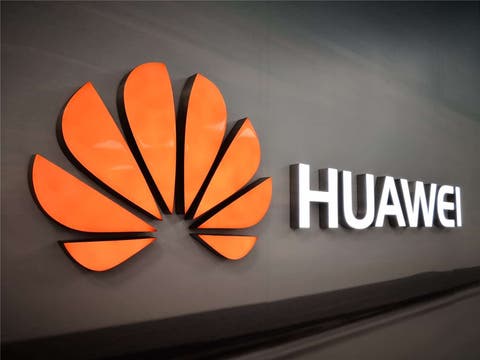In the context of the World Economic Forum, taking place in Davos, the founder and CEO of Huawei Ren Zhengfei, gave us the latest situation of the company. According to him, the Chinese giant is better prepared than ever to survive US sanctions.
Ren Zhengfei said there was always a suspicion of the United States. In that sense, Huawei was developing a second plan and that was what allowed it to survive the ban of the Trump administration.
“Since we had no sense of security in relation to the United States for ten years, we spent hundreds of billions of dollars to devise a resource plan, which is why we resisted the first round of attacks. Now we are more confident that we can survive new ones”.
Looking ahead, Zhengfei believes that Donald Trump could further intensify the sanctions imposed on his company. However, his statements seem to put that in perspective.
Huawei CEO says U.S. sanctions have not hurt the company
More surprising were the statements that the U.S. sanctions imposed on Huawei had little impact on the company. It is true that Huawei continues to grow, but that growth could have been much higher if it had not been prevented from dealing with American counterparts.
It is worth remembering that Huawei had set itself the goal of surpassing Samsung in the leadership of the global smartphone market by the end of 2019. A goal that was officially abandoned by the company after the ban imposed by Donald Trump.
Additionally, the Chinese technology company has revised its financial objectives for the year that ended. Even so, Huawei ended the year with sales of 240 million smartphones and a profit of around US $110 billion.
Huawei is already preparing a future without Google software
After being prevented from accessing Google software, it was not long before Huawei started to develop its alternatives. The first step was to accelerate the development of its own operating system, the Harmony OS.
That said, Huawei Mobile Services were launched in late 2019. This is a set of programs that aims to replace Google services. An example of this is the recent agreement signed with TomTom to replace the famous Google Maps.
The Huawei P40 will soon be revealed and will certainly be the first to reach the market with these services. We’ll see if they’ll have arguments to convince users to abandon Google’s software.
